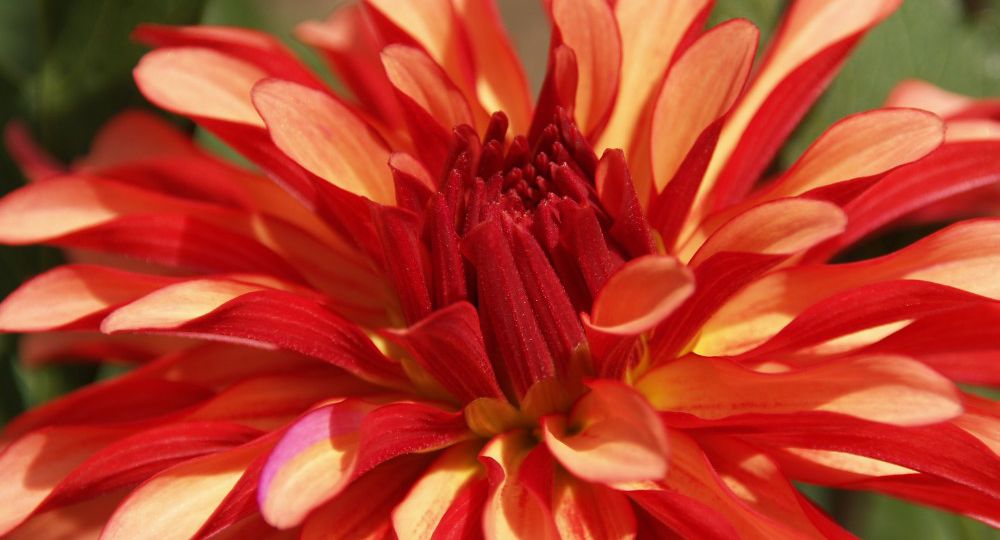
As we move into a new year and a new decade we hope to be moving towards a more just and peaceful world, especially given the troubled times that people all over the world have been and are currently experiencing. And so, in this new year, we wish you lots of SISA spaces through 2020 and beyond! SISA? Yes! Safe, Inclusive, Sexuality-Affirming spaces – SISA spaces. Spaces that are safe from judgment and violence, inclusive of diverse identities, expressions and experiences, and affirming of one’s sexuality-related choices.
In that spirit, this anthology issue brings you a collection of articles from past issues that focus on safety, inclusion and affirmation, or the lack thereof because it is also important that we be able to discern their absence.
Shilpa Phadke in a wide-ranging interview with Shikha Aleya talks about women’s rights to take risks, to loiter, and to access public spaces, and rightly says, “A feminist utopia would be a moment when if one has the desire to step out at midnight one could simply do so without a thought just as if it were 9 am in the morning.” That’s a statement that people of all genders would definitely agree with. Shikha Aleya tells us interesting anecdotes about travel in public transport, women driving from Delhi to London, a group of wheelchair users travelling across India to conduct an accessibility audit, a journalist’s travels as a self-identified plus size traveller, among many others, to show how travel and sexuality influence each other all the time in subtle ways and through hammer blows.
Chayanika Shah reflects on how some of us, living in a highly segregated society that excludes ‘others’, travel away from our communities of birth to form our own communities of choice and reminds us that these, too, need to be scrutinised lest they too begin to become exclusive. It’s not just communities or groupings of people that can be exclusive, but real physical spaces can also be out of bounds as Smita Vanniyar has experienced more than once as a non-binary person.
What determines what’s out of bounds or within reach? Swati Vijaya and Debanuj Dasgupta describe two urban and distinct queer cafes – one in Delhi and one in Kolkata – and examine how access to them is enjoyed or restricted based on shifting consumption cultures in these cities and the class, caste and gender presentations of queer communities. Sohini Chatterjee, reflecting on a Pride Parade that she participated in, asks the question “How inclusive is inclusive?” and writes about the need to affirm that queer people must decide for themselves what their safe space is – be it in queer politics or outside of it, through resisting norms or blending in with the heteronormative world, to give just two examples – so that queer freedom is not ultimately circumscribed by queerness itself.
What makes for feeling safe? Though wanting to reclaim public spaces and making them safe for people to display love and affection, Anannya Chatterjee, questions whether all ‘public’ displays of affection are consensual and examines her own experiences with sex in public spaces as a heterosexual woman. For Jaya Sharma it is silent meditation retreats and BDSM sessions that offer her the possibility of feeling safe enough to allow adventures to happen. Japleen Pasricha finds that solo travel has brought her the gifts of courage and determination as well as unexpected delightful experiences. We have an anonymous author reminiscing about her time in a hostel in a liberal arts college in Delhi that afforded ‘radical’ safe spaces to her 18-year-old self exploring her sexuality and queerness. As she says, “When you could expose your deepest flaws, insecurities and identity crises to a group of people who would view it all with no judgment, you could finally love yourself.”
Abhiruchi Chatterjee reviews the book Mohanaswamy that beautifully illustrates aspects (as well as the lack) of inclusion and affirmation and Moulshri Mohan reviews the film Tales of the Night Fairies that highlights the spaces of resistance, resilience and affirmation for sex-workers.
In Hindi, we have a translation of Shika Aleya’s article where she urges all of us to envision the public spaces we visit and the private spaces we inhabit to be inclusive and accepting in every which way. Maybe one of the ways to begin to create a more inclusive and accepting world is through feminist parenting as Shilpa Phadke is doing!
Given how divisive and hate-filled the world currently seems to be, it is especially important that we hold on to the idea of safe, inclusive and affirming spaces as we begin a new year and move towards creating the world that we want.